Affordable Skin Biopsy in Seoul: Prices & Clinics
Are you considering a skin biopsy while in Seoul, South Korea, and wondering about the potential costs? You're not alone. Seoul has become a global hub for high-quality medical and dermatological services, attracting many international visitors. A skin biopsy is a common diagnostic procedure to examine skin tissue for various conditions, including skin cancer. The affordability of healthcare in South Korea, combined with its advanced medical technology, makes it an attractive option. This comprehensive guide will walk you through everything you need to know about the cost of a skin biopsy in Seoul. We'll break down the different types of biopsies, factors that influence the price, what to expect during your visit, and how to navigate the process as a foreigner. Whether you're dealing with a suspicious mole or another skin concern, understanding the financial aspect is a crucial first step.
What is the average cost of a skin biopsy in Seoul?
The cost of a skin biopsy in Seoul is generally more affordable than in many Western countries. The price range provided is an estimate for the procedure itself. It's important to remember that this is a baseline figure, and the final cost can be higher depending on several factors. For a more precise quotation, it's always best to consult directly with the dermatology clinic. When you receive a price estimate, inquire about what it includes. Some clinics may offer a package price that covers the initial consultation, the biopsy, and the follow-up appointment to discuss the results. Others might bill each of these services separately.
What factors influence the cost of a skin biopsy in Seoul?
Understanding the variables that determine the cost can help you budget accordingly. Here's a more detailed breakdown: Type of Biopsy: There are different kinds of skin biopsies, such as shave, punch, and excisional biopsies. More complex procedures that require more time and skill will naturally cost more. Clinic's Reputation and Location: A well-known clinic in a prime location like Gangnam will likely have higher prices than a smaller clinic in a less central area. Histopathology Analysis: The laboratory analysis of the skin tissue is a separate cost that is crucial for diagnosis. The complexity of this analysis can also affect the price. Anesthesia: The type of anesthesia used (local or otherwise) can be an additional cost. Follow-up Care: Any necessary follow-up appointments or treatments will add to the overall expense.
How much does a dermatology consultation cost for foreigners in Seoul?
Before you can have a skin biopsy, you will need an initial consultation with a dermatologist. During this appointment, the doctor will examine your skin, take your medical history, and determine if a biopsy is necessary. Many clinics in Seoul that cater to international patients have English-speaking staff, making the process smooth and comfortable. This consultation fee is usually separate from the cost of the biopsy itself. It's a standard practice in both private and public healthcare facilities. Be sure to ask about the consultation fee when you book your appointment.
What are the different types of skin biopsies and their costs?
Here's a closer look at the different types of skin biopsies and what they entail: Shave Biopsy: The doctor uses a small blade to shave off the outermost layers of the skin. This is often used for suspected skin cancers that are confined to the top layer of skin. Punch Biopsy: A small, circular tool is used to "punch" out a small, round sample of skin, including deeper layers. This is useful for diagnosing rashes and other conditions that affect deeper skin tissues. Excisional Biopsy: The entire suspicious growth, along with a margin of surrounding healthy skin, is surgically removed. This is often done when melanoma is suspected. The following table provides a general idea of the cost differences: Type of Biopsy Estimated Cost Range (KRW) Shave Biopsy ?80,000 - ?120,000 Punch Biopsy ?100,000 - ?150,000 Excisional Biopsy ?150,000 - ?250,000+ Export to Sheets These are estimates and can vary.
Is the cost of histopathology included in the biopsy price?
After the skin biopsy is performed, the tissue sample is sent to a laboratory for histopathology. A pathologist examines the tissue under a microscope to make a diagnosis. This is the most critical part of the process, as it determines whether a skin lesion is benign, precancerous, or cancerous. Given its importance, the cost of this analysis is a necessary part of the overall expense. Always confirm with the clinic whether the histopathology fee is included in their quoted price for the biopsy or if it is an additional charge.
Are there any other additional costs to consider?
To avoid any surprises, it's wise to inquire about all potential costs upfront. Here are some possible additional expenses: Anesthesia: While local anesthesia is usually included, more extensive procedures might require different types of anesthesia at an extra cost. Medication: You may need to purchase prescription creams or oral medications for aftercare. Follow-up Visits: Your dermatologist will schedule a follow-up appointment to discuss the biopsy results. This visit may have a separate fee. Further Treatment: If the biopsy reveals a condition that requires further treatment, such as the complete removal of a cancerous lesion, this will be an additional cost.
What is the process of getting a skin biopsy in Seoul as a foreigner?
Here is a step-by-step overview of what to expect: Research and Book an Appointment: Look for reputable dermatology clinics in Seoul that cater to foreigners. You can often book appointments online or via email. Initial Consultation: Meet with the dermatologist to discuss your concerns. They will perform an examination and recommend a biopsy if necessary. The Biopsy Procedure: The biopsy itself is a relatively quick outpatient procedure performed under local anesthesia. Aftercare: You will receive instructions on how to care for the biopsy site to prevent infection and promote healing. Follow-up and Results: You will be scheduled for a follow-up appointment, typically within a week or two, to discuss the histopathology results with your dermatologist.
Do I need a referral to see a dermatologist in South Korea?
One of the conveniences of the South Korean healthcare system is the ability to self-refer to specialists. This makes it easy for both residents and foreigners to access specialized care without having to go through a general practitioner first. You can simply research and choose a dermatologist or clinic that meets your needs and schedule an appointment directly.
What should I look for in a dermatology clinic in Seoul?
To ensure you receive high-quality care, consider the following when selecting a clinic: Credentials: Ensure the dermatologists are board-certified and have extensive experience. Foreigner-Friendly Services: Look for clinics that have experience with international patients and offer services like English-speaking staff and clear communication. Reviews and Testimonials: Check online reviews and testimonials from other foreign patients. Transparency in Pricing: A good clinic will be upfront about all potential costs. Technology and Facilities: Modern clinics with advanced technology can often provide more precise and effective treatments.
How can I prepare for my skin biopsy appointment?
Being well-prepared can help make your appointment more efficient and less stressful. Here are some tips: List Your Concerns: Write down any symptoms you've noticed, such as changes in a mole's size, shape, or color. Medical History: Be ready to provide information about your overall health, any allergies, and medications you are currently taking. Questions to Ask: Prepare a list of questions for the dermatologist. This could include questions about the procedure, recovery, and a detailed breakdown of the costs. Avoid Certain Medications: Your doctor may advise you to avoid certain blood-thinning medications before the biopsy to reduce the risk of bleeding.
What can I expect during the skin biopsy procedure?
The actual biopsy procedure is usually straightforward and well-tolerated. The area to be biopsied will be thoroughly cleaned. A local anesthetic will be injected to numb the site, so you shouldn't feel any pain during the procedure. Depending on the type of biopsy, the dermatologist will then remove a small piece of skin. If stitches are needed, they will be applied at this time. The entire process typically takes less than 30 minutes.
What is the recovery and aftercare like for a skin biopsy?
Proper aftercare is essential to prevent infection and minimize scarring. Your dermatologist will provide you with specific instructions, which may include: Keeping the wound clean and covered with a bandage for the first day or two. Gently cleaning the area with mild soap and water. Applying a prescribed antibiotic ointment to keep the wound moist. Avoiding strenuous activities that could stretch the skin around the biopsy site. If you have stitches, you will need to return to the clinic to have them removed.
Are skin biopsies in Seoul safe?
South Korean medical facilities are known for their high standards of care. The risk of complications from a skin biopsy, such as infection or excessive bleeding, is very low when performed by a qualified dermatologist in a sterile environment. You can feel confident in the safety and quality of care you will receive in Seoul.
Does South Korean national health insurance cover skin biopsies for foreigners?
If you are a long-term resident of South Korea and are enrolled in the NHIS, a significant portion of your medical expenses, including a medically necessary skin biopsy, will likely be covered. If you are a tourist or short-term visitor, you will need to pay for the procedure yourself. It's a good idea to check with your private travel or health insurance provider to see if they will reimburse you for the cost.
How soon can I get the results of my skin biopsy?
The timeframe for receiving your biopsy results can vary slightly from one clinic to another. The pathology lab needs time to process and analyze the tissue sample thoroughly. Your clinic will inform you when to expect the results and will schedule a follow-up consultation to go over them in detail. During this follow-up, your dermatologist will explain the diagnosis and discuss any necessary next steps or treatment options.
Ready to explore your healthcare options in Seoul? PlacidWay can help you find the right clinic and specialist for your needs. Explore our network of trusted healthcare providers in South Korea for a seamless medical journey.

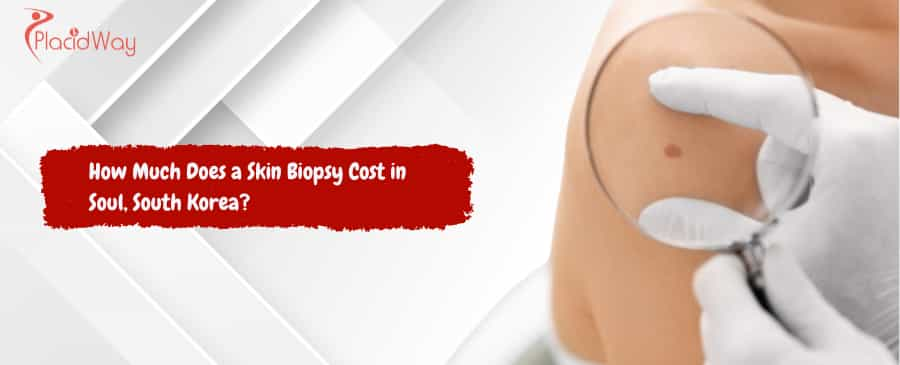

.png)
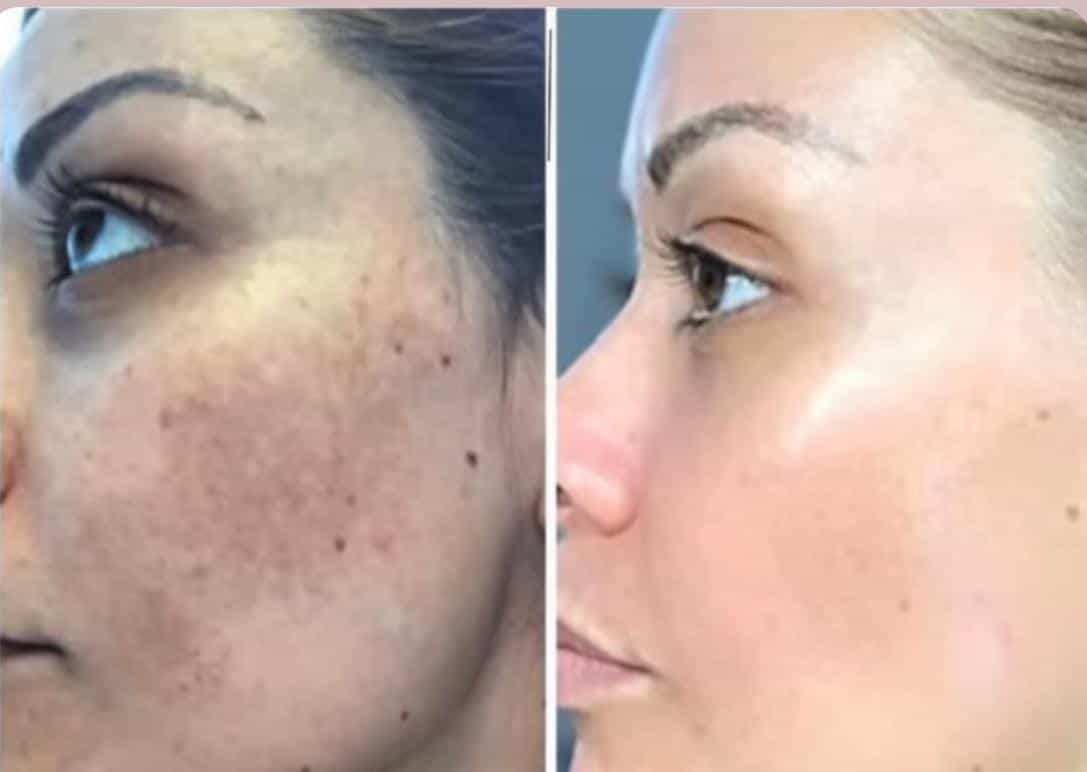

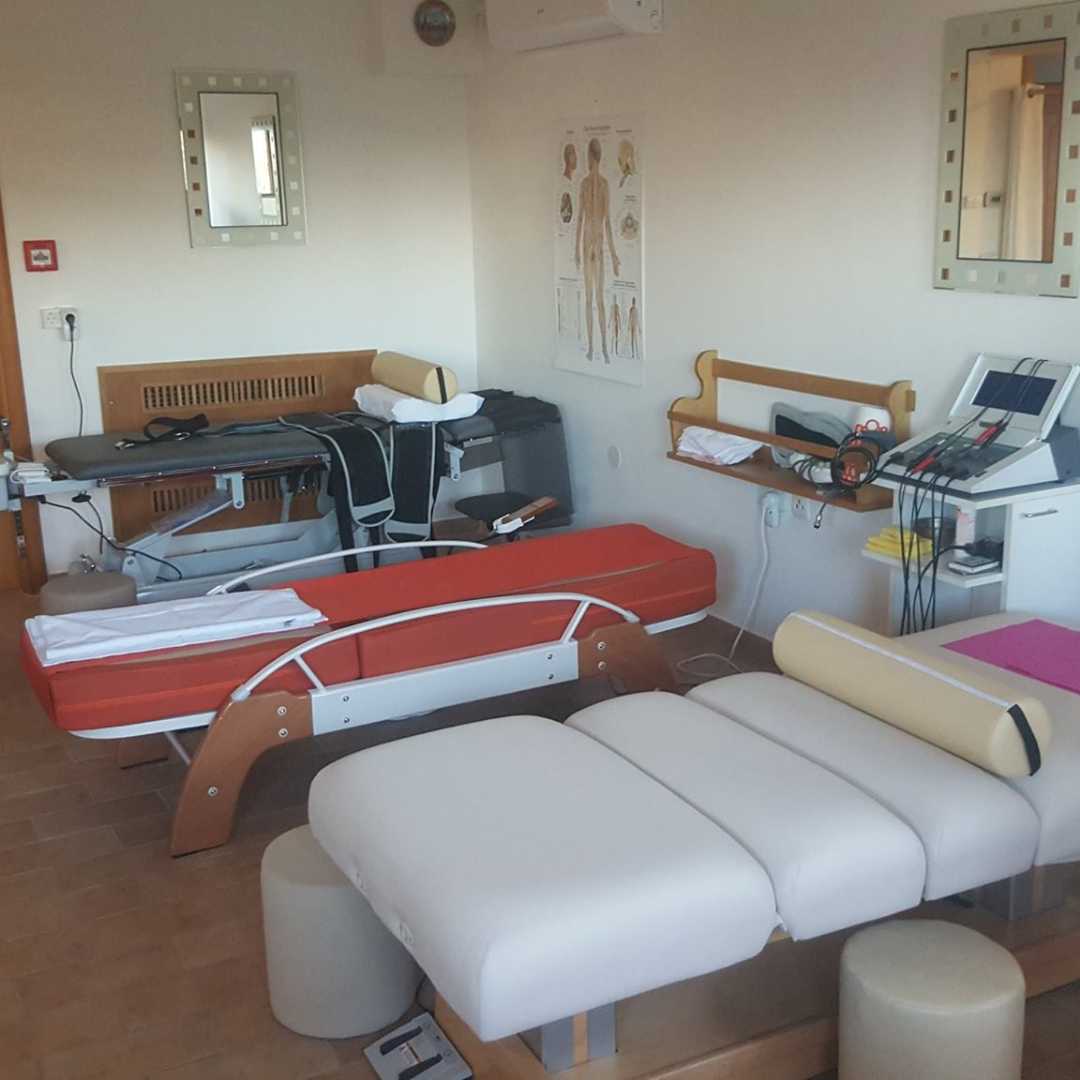




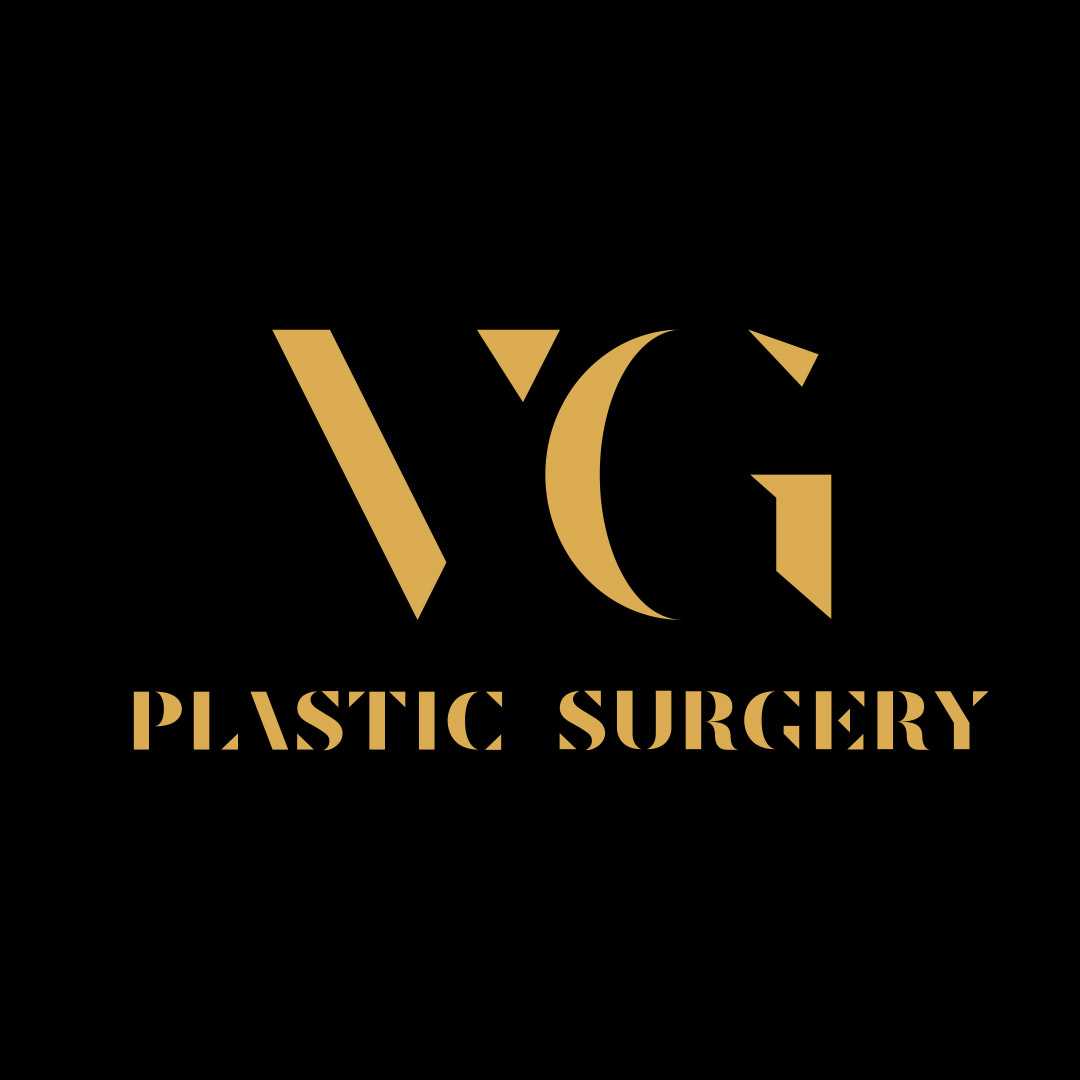
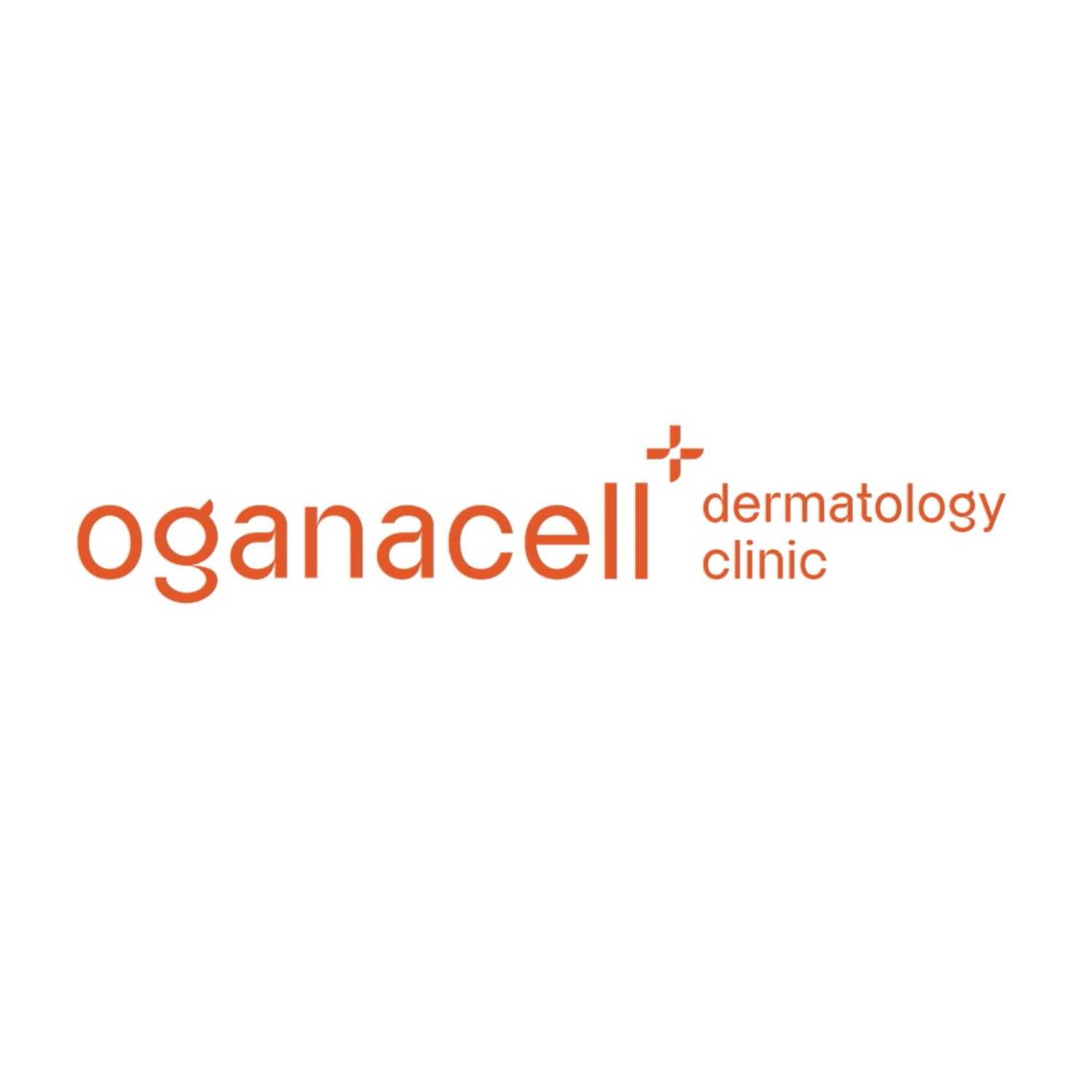
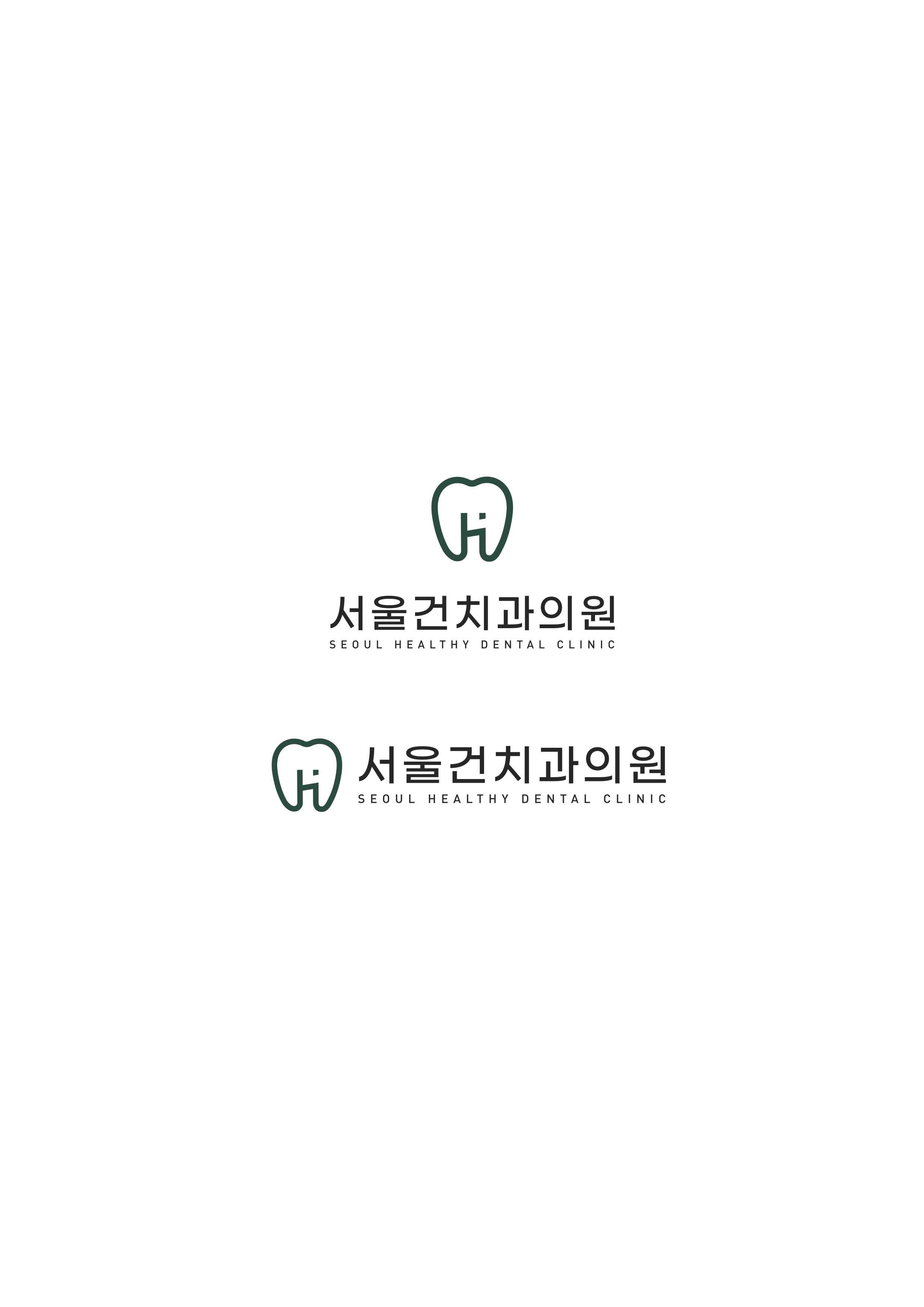
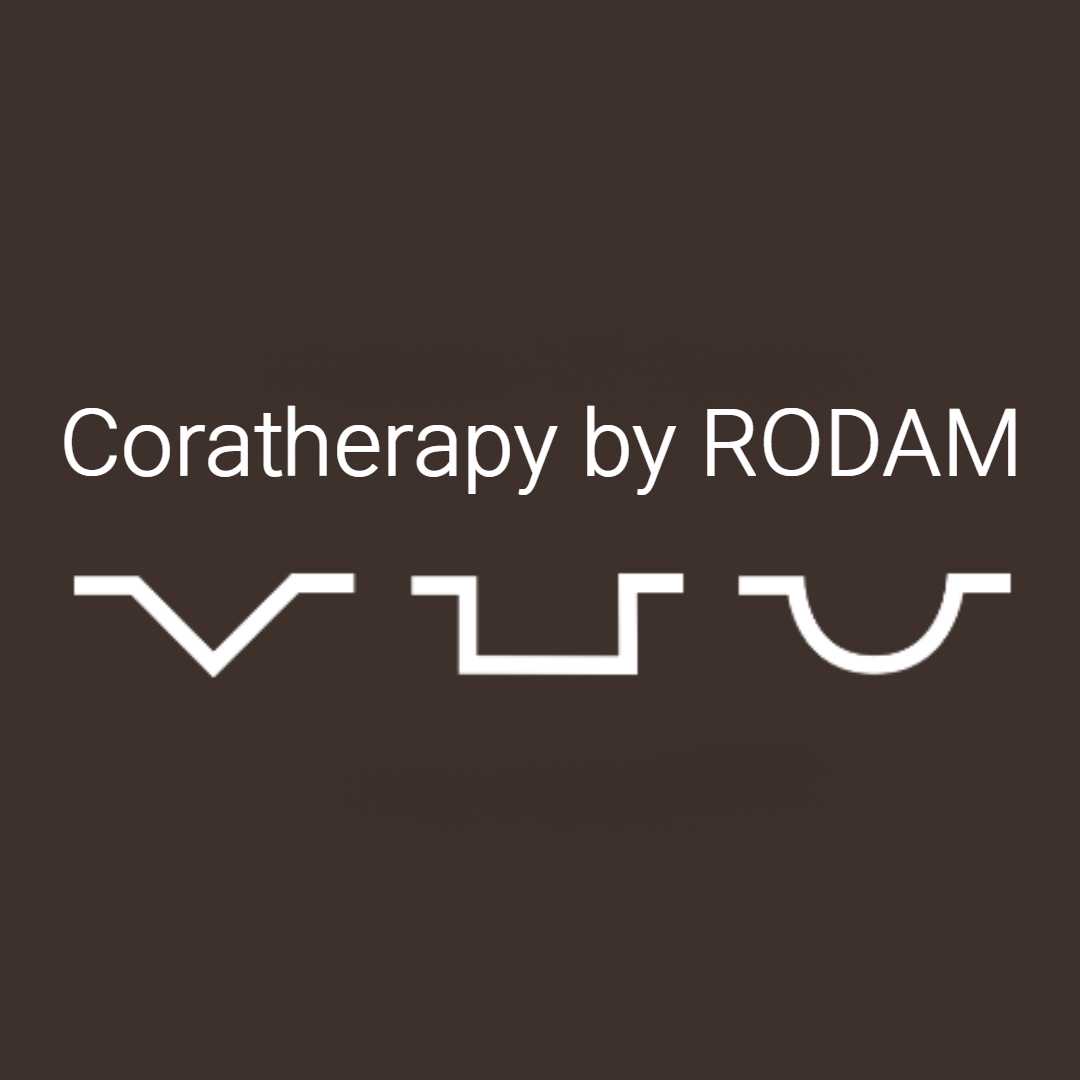
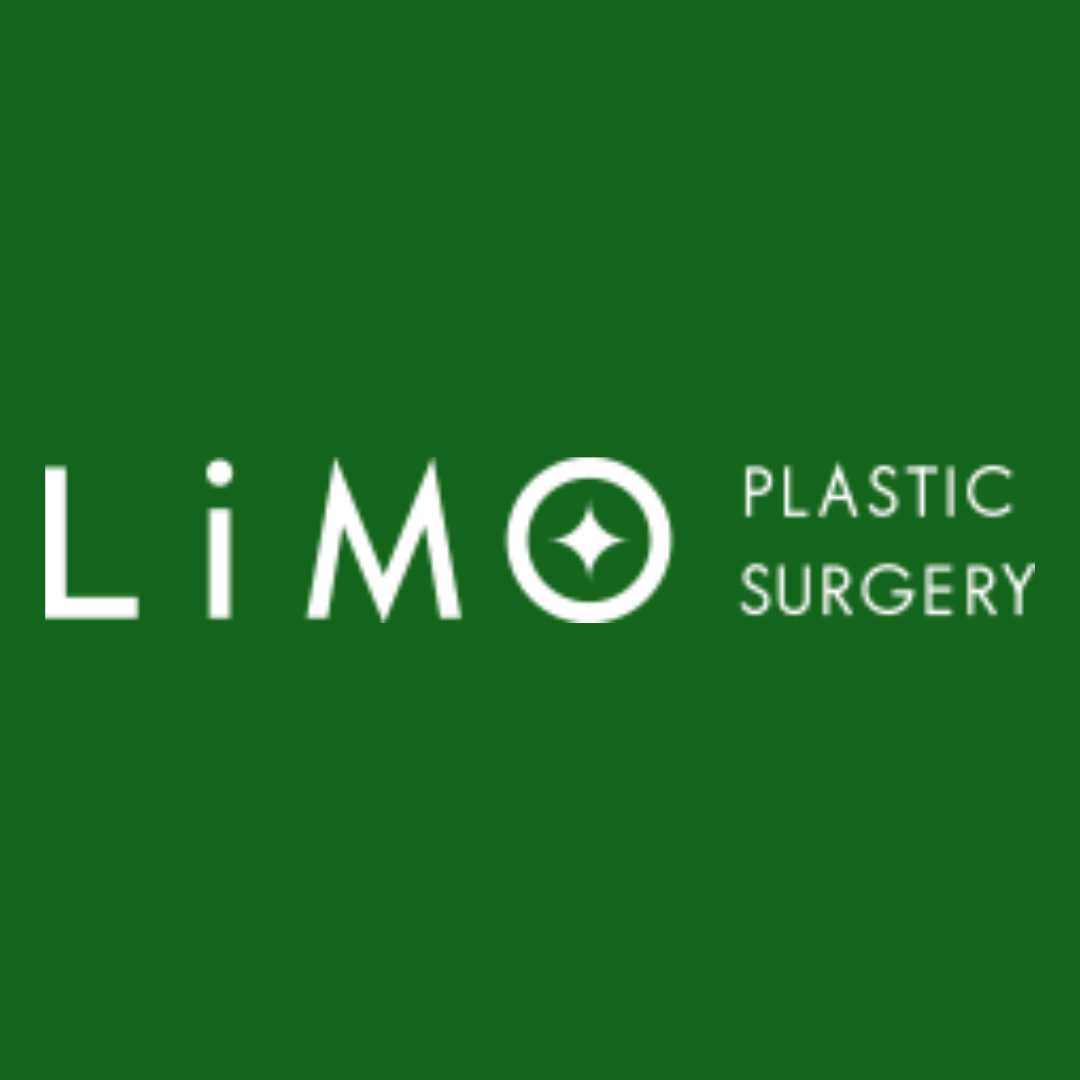

Share this listing